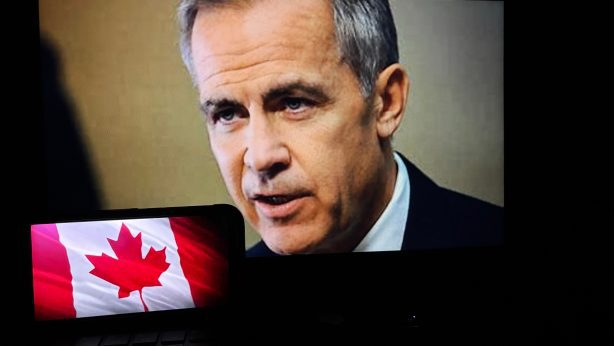Is it pharmacare if it’s controlled by insurance companies?
By Pat Van Horne, USW member of the CHC Board of Directors
The discussion around a pharmacare plan for Canadians is intensifying, but getting it done right depends on who’s talking.
A recent article in The Globe and Mail by Robert Bell, a former Ontario deputy minister of health, and three co-authors involved in health policy, propose a “pharmacare” plan that falls short of universal single-payer pharmacare, and instead puts forward a national drug plan resembling the inadequate status quo of patchwork insurance-based schemes, with a few tweaks on pricing.
Pharmacare and public health experts noted that the authors are suggesting pharmacare can be achieved by simply reforming the Patent Medicine Prices Review Board (PMPRB), having the federal government focus on ‘expensive’ drugs and filling gaps for essential medicines, while relying on private insurers in whatever system emerges and letting the provinces decide how they want their programs to look in the long run.
“Thus, the message looks ‘good’ at first blush, but truly couldn’t be worse. If . . .the federal government is looking for a way out of the commitment to the universal model put forward in the final report Report of the Advisory Council on the Implementation of National Pharmacare (The Hoskins Report),” said one expert.
Doctor Lexchin’s prescription
In his letter to the editor of The Globe and Mail, CHC Board Member Dr. Joel Lexchin, an emergency room physician, and an associate professor with the University of Toronto’s Institute of Health Policy, Management and Evaluation, laid out five reasons why a national public pharmacare plan is needed now:
“1. Everyone would be covered equally in a national public plan, unlike coverage through private plans, where people are often unable to afford their contributions for prescriptions (co-pays and deductibles);
“2. A national public plan would provide for those who fall through the cracks of private plans, which are lost if you change or lose your job;
“3. Pharmacare would cover all evidence-based medicines, not just the undefined ‘essential medicines’ proposed by Bell;
“4. Pharmacare would replace the costly and inefficient 100,000-plus different private plans and would save billions compared to what we currently pay;
“5. A national public pharmacare plan lays the basis to provide education to healthcare prescribers and patients about the best use of medications. People would get better treatment and stay healthier.”


